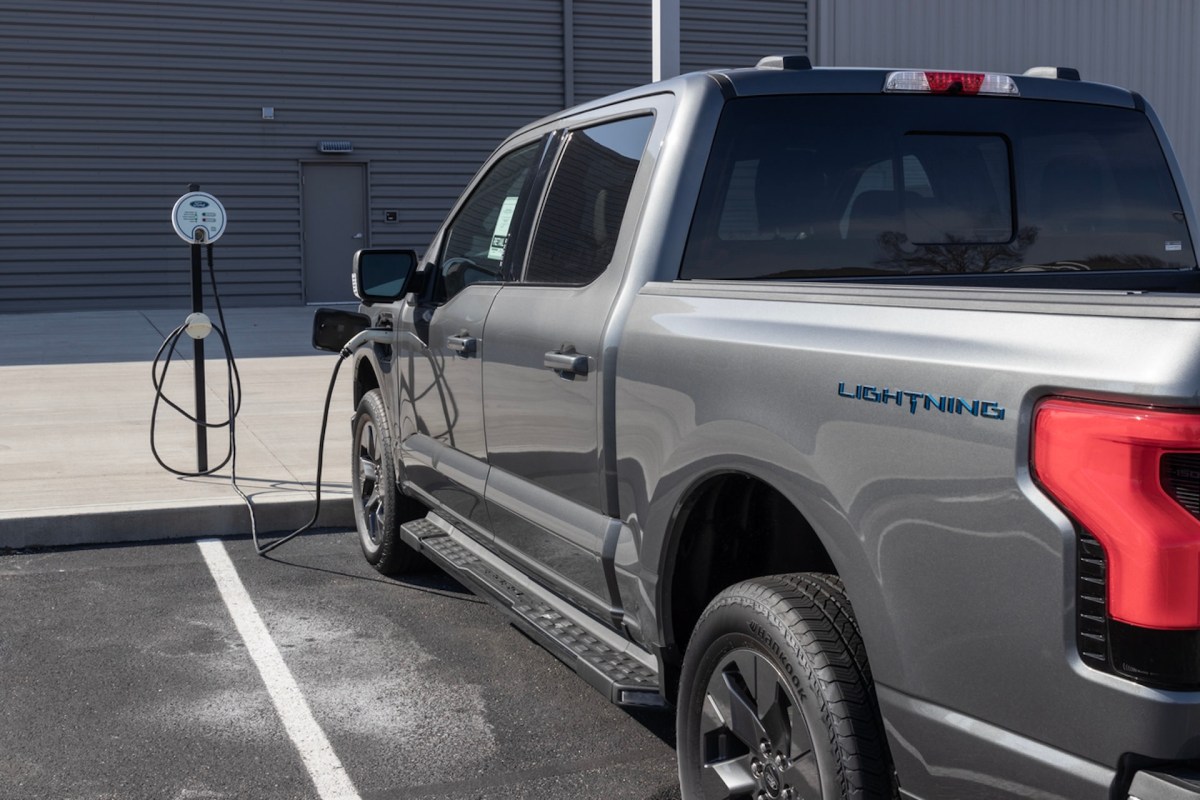In the battle for electric vehicle supremacy, Ford might be losing even more ground to Tesla.
According to Counterpoint Research, Tesla has held the greatest market share worldwide in the electric vehicle market across the last two years, and Ford's latest announcement shows that will likely remain the case for some time to come.
What's happening?
As Automotive News reported and The Verge summarized, Ford has responded to the less-than-expected demand for its electric vehicles in 2023 by telling its dealers that it is cutting down production of its F-150 Lightning pickup truck.
Ford has typically produced 3,200 trucks a week from its Michigan-based factory, but it is set to reduce that number by half.
The EV market is growing, but perhaps not at the rate industry experts thought. Ford sold 20,365 F-Series models up to November 2023, marking a significant increase on the 13,258 sold up to the same point last year.
But it seems that growth is still not what Ford was hoping for, and it's taking action as a result.
Why is this so concerning?
This looks bad on the surface, but it's probably not so troubling when viewing the bigger picture.
In October, Cox Automotive released data that revealed EV sales in the United States saw a 50% rise in the third quarter when compared to the same period in the previous year, as Reuters shared. Moreover, the 7.9% of all industry sales that EVs accounted for marked a new record high.
So the appetite for clean electric cars rather than dirty-fuel models is still there. It's just that Ford isn't perhaps grabbing as much of the pie as it had hoped.
Switching to electric cars is vital for the health of the planet. The pollution and particulate matter that tailpipes of internal combustion engine cars release reduce air quality and increase the likelihood of cardiac and respiratory illnesses.
Meanwhile, the gases that are released when burning dirty energy sources (like gas and oil) remain in the atmosphere and trap heat, leading global temperatures to rise and making extreme weather events like droughts, hurricanes, and flooding much more likely.
What can we do to help?
Continuing to buy electric cars will signify to Ford that the demand does exist, but Ford has a part to play, too.
A slashing of prices should help, with Ford reducing the cost of the F-150 Lightning by $10,000 at the end of October.
So should its decision to make future cars compatible with the North American Charging Standard, which will allow customers to access greater charging infrastructure, including Tesla's Supercharger network. Existing customers will be able to use the recharging stations with a special adaptor.
That will reduce range anxiety among prospective customers — and existing ones — which might persuade more people to drop their polluting car for a clean electric version.
Join our free newsletter for cool news and actionable info that makes it easy to help yourself while helping the planet.









